This spring, thanks to the Outdoor Learning Grant from OSPI, educators from southwest Washington embraced the great outdoors through three professional development opportunities offered by the Outdoor Learning Program.
These workshops, developed in collaboration with local organizations, including Lower Columbia School Gardens, Columbia Springs, Pacific Education Institute, the U.S. Fish and Wildlife Service, and Lower Columbia Nature Network, aimed to integrate outdoor experiences with classroom learning, fostering well-being and community connection.
Participating teachers could focus on their own well-being and build relationships while gaining new educational strategies. Around 20 educators attended each session, with most returning for multiple workshops.
Each workshop took place at a different location, including the Ridgefield National Wildlife Refuge, Northlake Elementary School in Longview, and Columbia Springs in Vancouver. Participants received activities and ideas to incorporate into their curriculum. They engaged in “sit spots”, discussed the benefits of outdoor learning, explored methods to help students make observations, and learned how to integrate outdoor learning into Common Core Standards.
Castle Rock teacher Jody Sanders shared a success story, highlighting how her students took an active role in bringing the materials to life through a gardening project.
“The students made most of the decisions for planting and displaying information about our project,” she said.
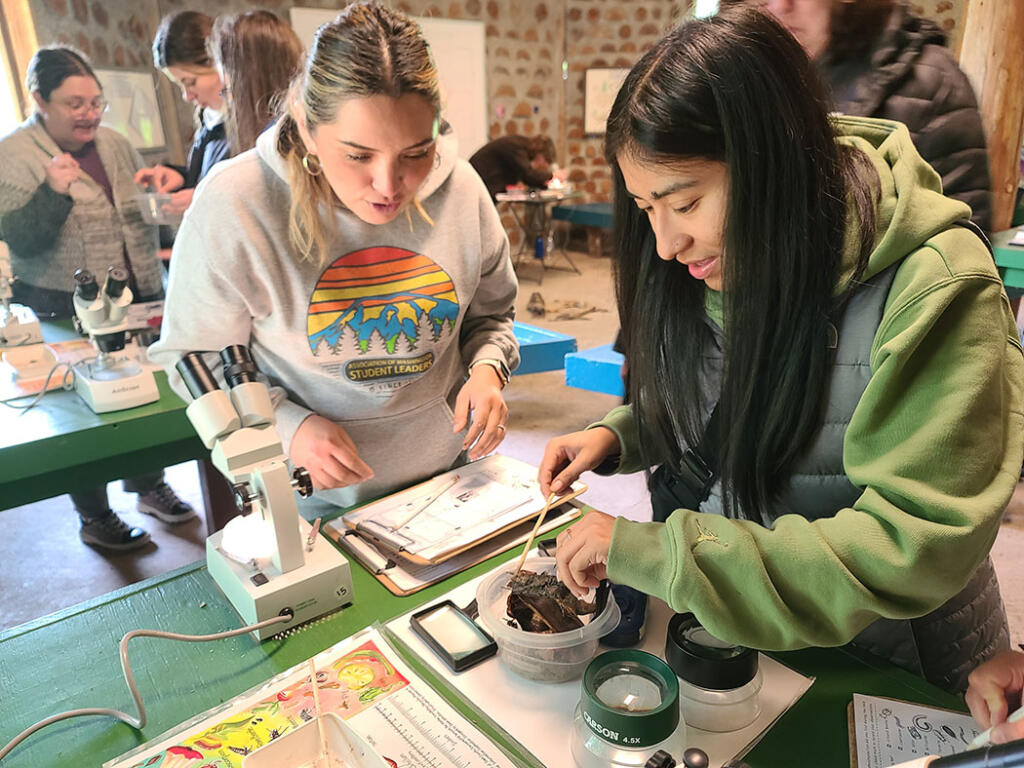
Castle Rock Students use microscopes purchased with program funding
Students chose vegetable seeds based on their preferences, collected data on seeds sprouting, and compared it to seeds planted indoors, using microscopes purchased by the Outdoor Learning Program. Sanders plans to continue this project annually, now that she has the necessary resources.
In addition to the workshops, each participant received a $500 grant to initiate their own outdoor learning programs. Projects ranged from school gardens to outdoor classrooms and student field trips.
Battle Ground teacher Mary Mendoza-Haensel used her grant to establish a school garden. Several families helped assemble raised beds, haul soil, plant, and water the garden.
“It was truly amazing to see this school community come together to create this garden,” Mendoza-Haensel said. “Families chipped in and helped us create something that we hope will grow for future generations of students.”
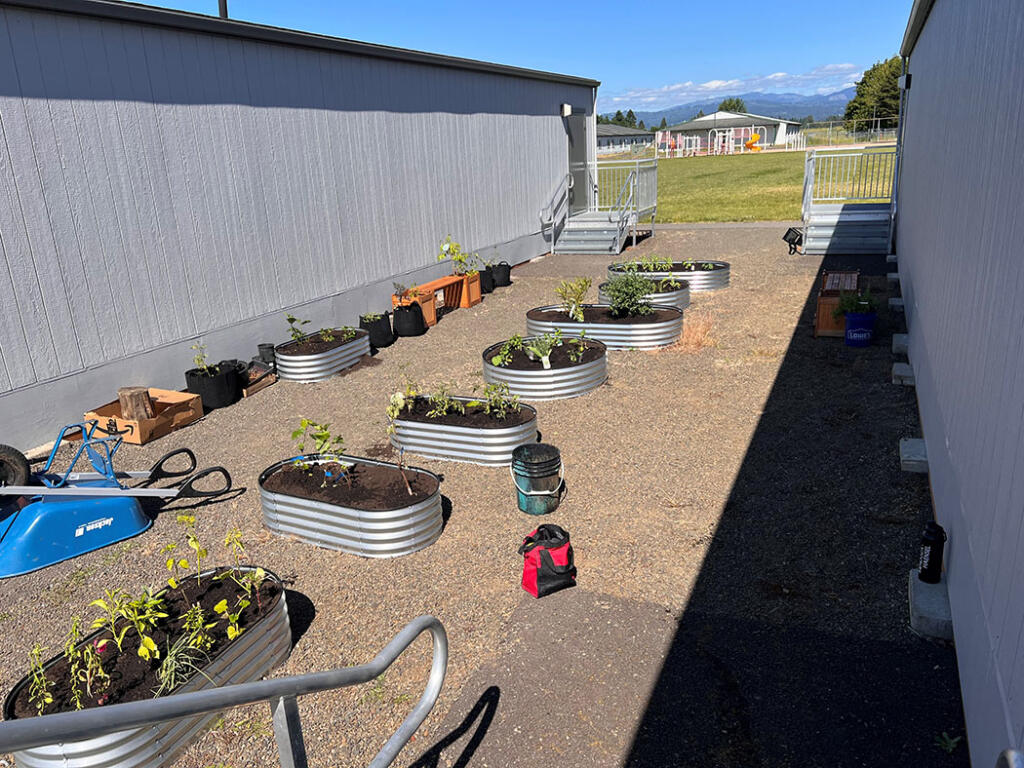
Battle Ground gardens
Next year, individual districts will have the opportunity to apply for the Outdoor Learning Grant to further expand their outdoor education programs. During the workshops, teachers had the chance to ask questions about the grant application process and discuss their visions for using the grant to benefit their students. As this program takes root, it promises to cultivate a lasting appreciation for the natural world among students.

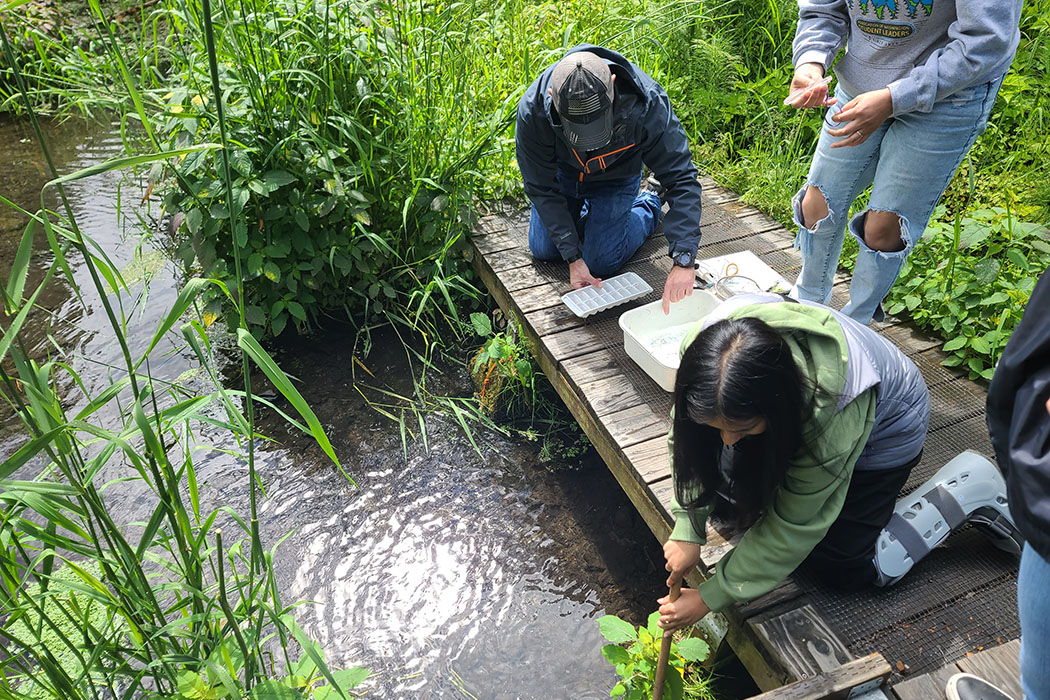
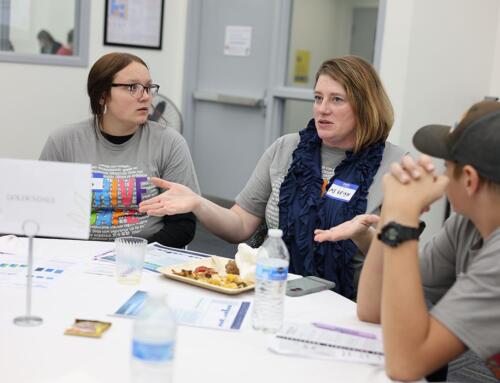
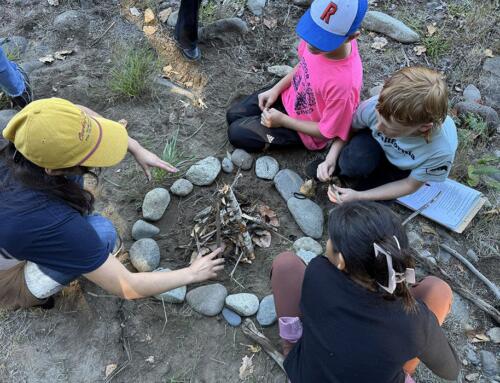
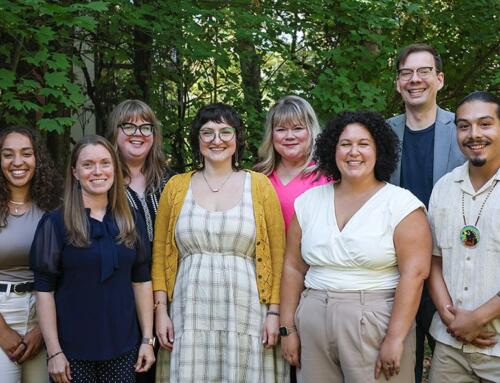
 ESD 112 equalizes educational opportunities for learning communities through innovative partnerships, responsive leadership, and exceptional programs.
ESD 112 equalizes educational opportunities for learning communities through innovative partnerships, responsive leadership, and exceptional programs.